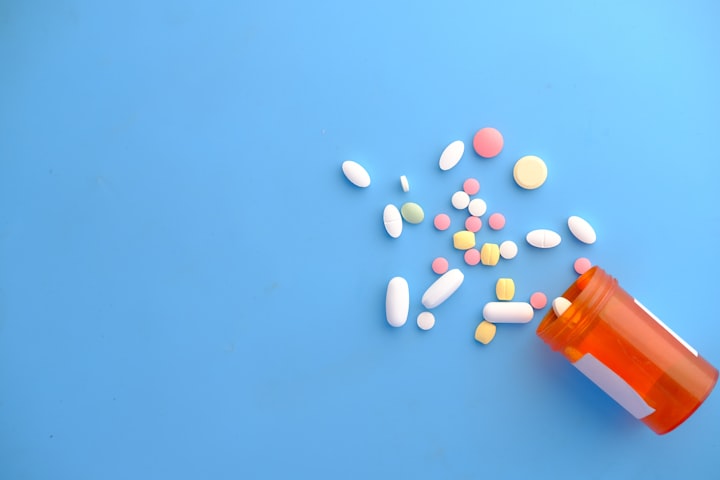Berberine
Alternative treatment for diabetes?

Berberine is a natural plant compound found in several herbs, including goldenseal, barberry, and Oregon grape. It has been used in traditional Chinese medicine for thousands of years to treat a variety of health conditions, including infections, diarrhea, and inflammation.
Berberine has been the subject of numerous studies, which have suggested that it may have several potential health benefits, including:
Lowering blood sugar: Berberine has been shown to lower blood sugar levels by improving insulin sensitivity and increasing glucose uptake in cells. This makes it a potential treatment for type 2 diabetes.
Lowering cholesterol: Berberine may also lower cholesterol levels by reducing the production of cholesterol in the liver and increasing the uptake of LDL cholesterol in cells. This makes it a potential treatment for high cholesterol and cardiovascular disease.
Anti-inflammatory effects: Berberine has been shown to have anti-inflammatory effects by reducing the production of inflammatory cytokines in the body. This makes it a potential treatment for a range of inflammatory conditions, including arthritis and inflammatory bowel disease.
Antimicrobial effects: Berberine has been shown to have antimicrobial effects against a range of bacteria, viruses, and fungi. This makes it a potential treatment for infections, including those caused by antibiotic-resistant bacteria.
Berberine is generally considered safe when taken in appropriate doses, but it can interact with certain medications, including antibiotics and blood pressure medications. As with any supplement or medication, it is important to talk to a healthcare provider before taking berberine.
While several studies have shown that berberine can improve blood glucose levels, others have not. The doses, length and other essential study variables are so wide-ranging that it's difficult to compare and combine the data. Further, all of them took place in China, so the impact on diverse populations remains unknown.
There has never been a large-scale, randomized (some get a placebo while others get treatment drug) or multicenter clinical trial, which new diabetes drugs need to undergo to obtain FDA approval.
Get supplement for diabetes here
"The rates of diabetes are increasing, and sticking to lifestyle changes like diet and exercise is a challenge," says Leslie Eiland, MD, Nebraska Medicine endocrinologist. "Available treatments are often costly and have potential side effects, so it's not surprising that people are going to look to less costly, 'natural' alternatives that may improve blood sugars without side effects. But 'natural' doesn't equate to 'safe' use. Berberine is considered a food product; therefore, it doesn't go through the normal FDA review, whereas diabetes medications go through extensive, strenuous trials with very close monitoring for potential safety issues."
Because supplements are not FDA regulated for quality control, safety, efficacy or regular monitoring, manufacturers are not required to establish these standards for supplement products. "You may be ingesting something stronger than you realize or other times ingesting a filler with no biologic activity at all," adds Dr. Eiland. "So you never entirely know what you're taking."
Berberine has been shown to have potential hepatoprotective effects, meaning it may protect the liver from damage caused by various factors such as toxins, viruses, and alcohol. Some studies have suggested that berberine may improve liver function by reducing liver inflammation and fibrosis, increasing antioxidant capacity, and reducing lipid accumulation in the liver.
However, there are also some studies that suggest that high doses of berberine may have negative effects on liver function. For example, one study found that very high doses of berberine (500 mg/kg body weight) for 28 days caused liver damage in rats.
Overall, the evidence regarding the effects of berberine on the liver is mixed, and more research is needed to fully understand the potential risks and benefits of berberine for liver health. If you have a liver condition or are taking medications that can affect liver function, it is important to talk to your healthcare provider before taking berberine or any other supplements.





Comments
Fairul Nizam is not accepting comments at the moment
Want to show your support? Send them a one-off tip.